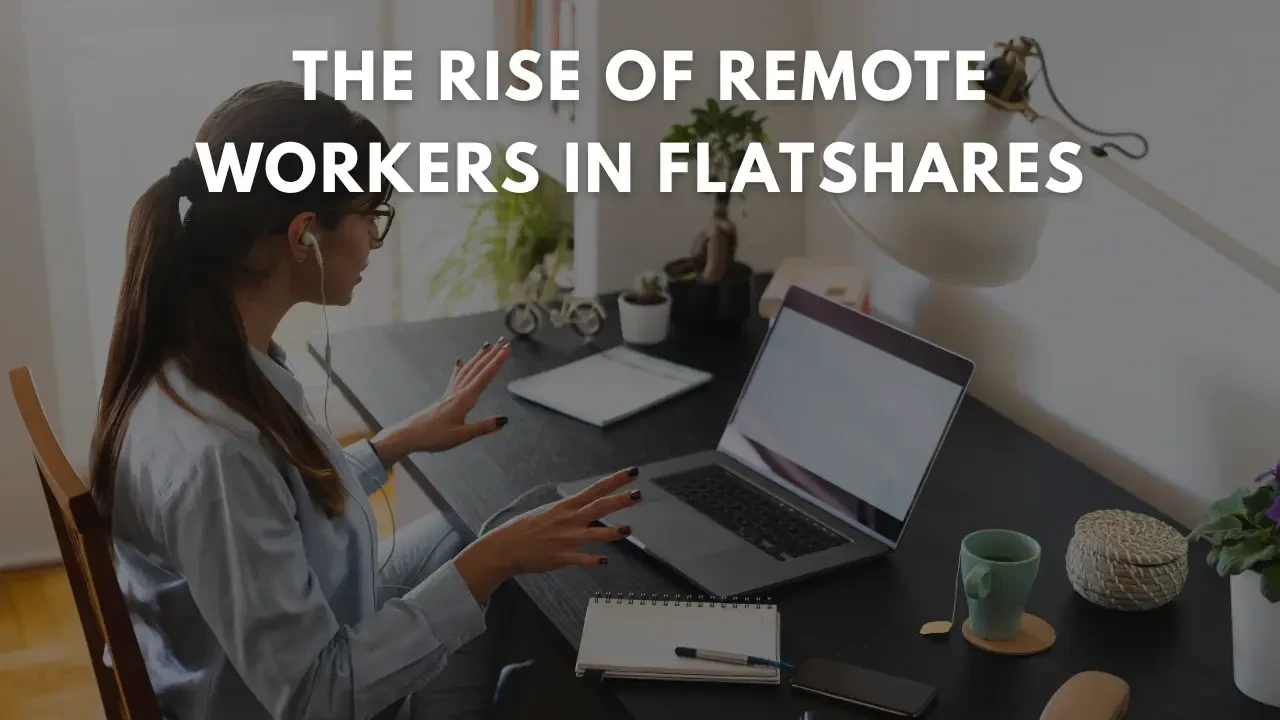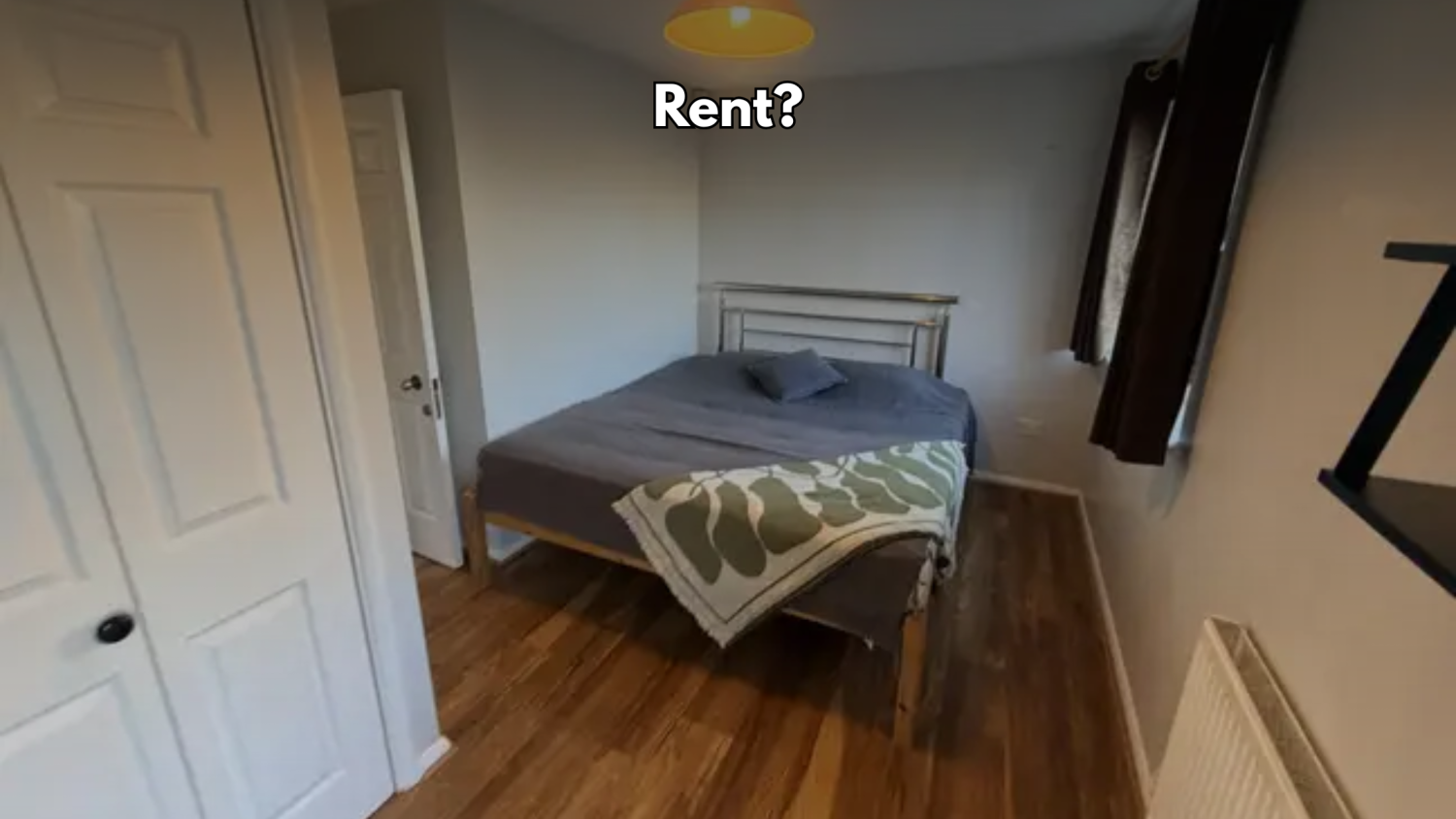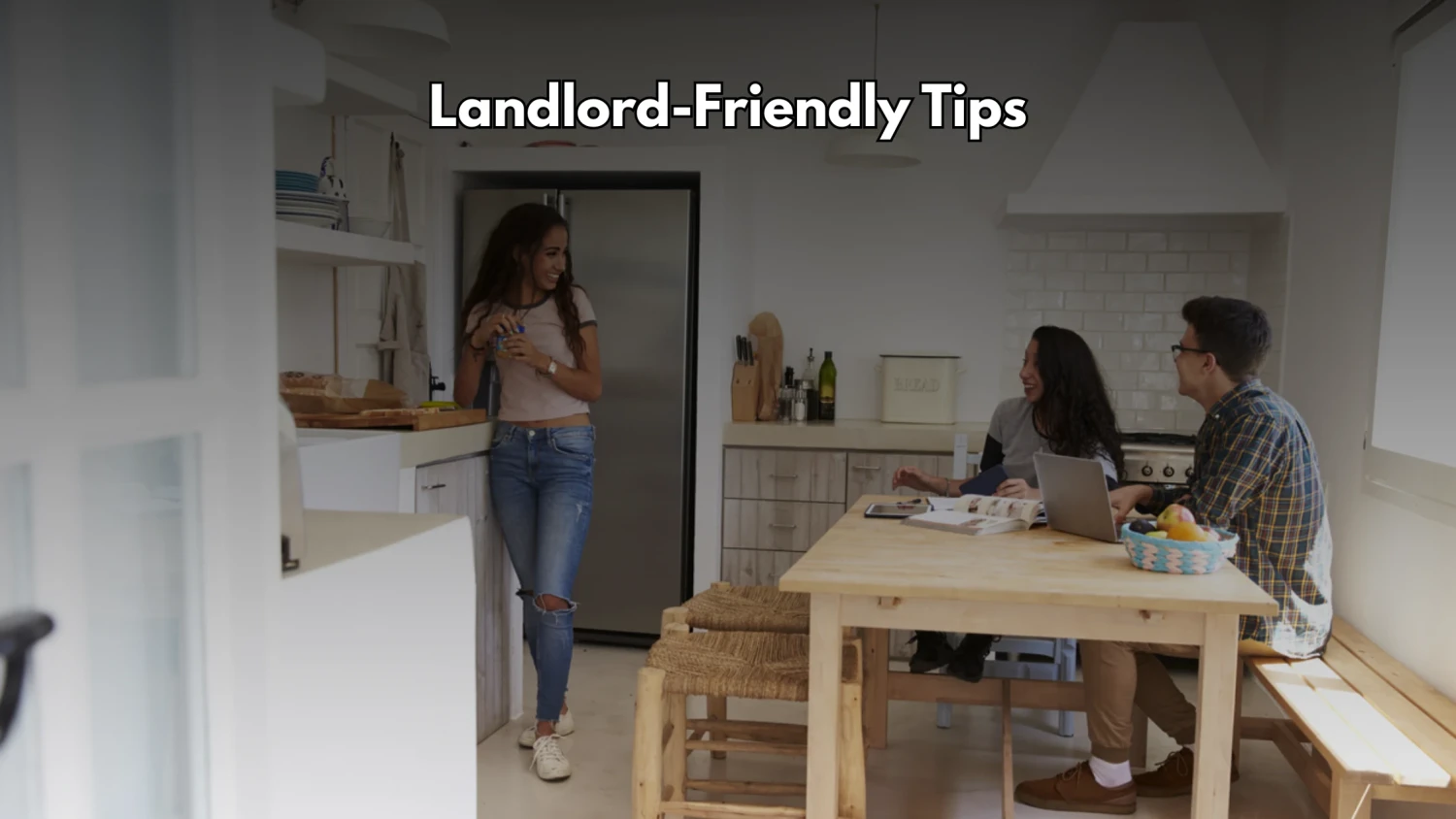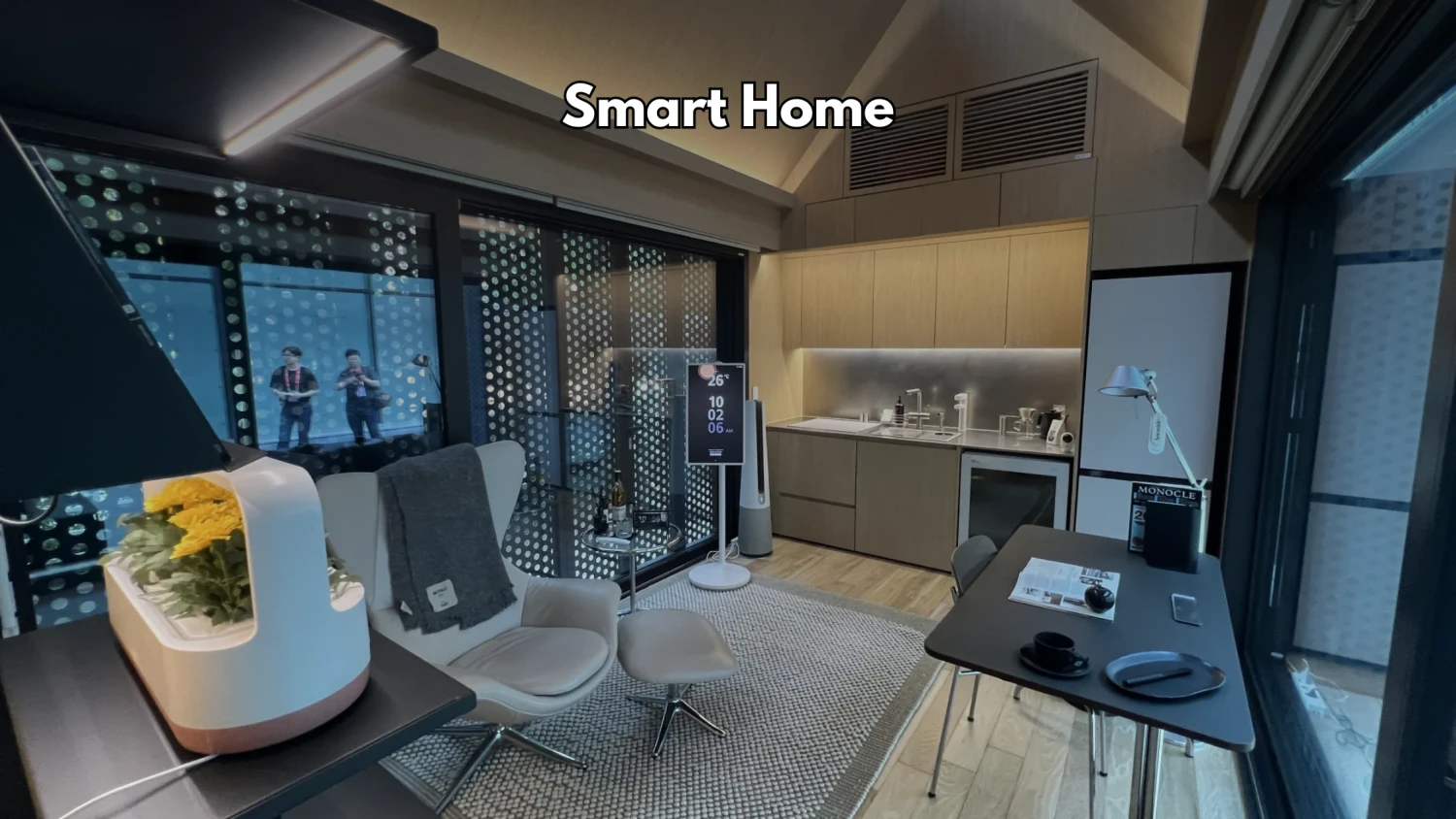
One area that ports of call in aspects of existence may be the rental market that has undergone sea changes because of remote work. Now, because so many people are working off-home, flatshares in the United Kingdom are responding to new demands. Shared housing is not just for sharing rents any longer, it's for building a space that may exist, both as a home and as a professional environment.
The Growth of Remote Work in Shared Housing
Over the preceding five years, there has been a surge in the remote-working population. Now, given that flexible and hybrid work schedules offer such options, a flatshare is just right for anybody seeking a cheap rent and a decent home-office setup.
- Surveys state that almost 50% of tenants are working home really part-time during some days of the week.
- For younger professionals in flatshares, the figure rises yet more, as remote-first companies hire talent globally.
Hence the implications of this change are that shared living is moving away from just cost and into consideration of utility and productivity.
How Remote Workers Are Shaping Flatshares
1. Demand for the Bigger Rooms
In their cribs, the remote workers want to have space for their desks and the chairs that go behind them. Rooms that have a double function as an office are in now, even with slightly higher rents.
2. Priority: High-Speed Internet
A fast and reliable broadband connection has become the number-one utility of the shared tenancy. Tenants are willing to pay extra for a place with fast Wi-Fi included in the rent.
3. More Private Space vs. More Shared Space
Colleagues working away at home during the day require more privacy, while their mates heading out would like to be entertained. How the balance tips also determines changes in household agreements and daily life.
4. Flexible Tenancies
People who work remotely tend to move around more, either for lifestyle changes or while enjoying the experience of discovering some new city. Shared flats with flexible contracts will be the next steep growth sectors for this demographic.
Benefits of Flatshares for Remote Workers
First and foremost: It is the price: putting up rent splits makes it cheaper to live, especially in big cities where one-bedroom apartments are expensive.
Community: Working from home can be very isolating. Shared living arrangements safeguard social interactions.
Sharing Resources: Sharing bills, sharing WiFi, sharing even office furniture-lower cost for one and all.
Locational Flexibility: Flatsharing thus helps workers living in central areas that they cannot afford alone.
Challenges of Remote Work in Flatshares
- Noise and distraction: Having multiple flatmates with video calls simultaneously must be very frustrating.
- Space Conflicts: Kitchens and living rooms often double as workspaces, triggering clashes over usage.
- Energy Cost: Use of electricity, heating, and related utilities is usually high during the daylight hours, leading to increased bills.
- Lifestyle Differences: There are flatmates working at night and others working during the day, and of course clashing schedules result.
The Future of Remote-Work Flatshares
Flatshares are adapting very swiftly
- Dedicated Work Zones: Properties are setting up communal coworking-style spaces within the shared housing.
- All-Inclusive Rents: Setting fixed rents complete with utilities and internet avoids quarrels and surprises.
- Hybrid Households: Many tenants are balancing working from the office and working from home, keeping their daily rhythms flexible.
Experts predict the power of VoIP technology will work through the demand for adaptable, well-connected shared housing across the UK.
Quick Snapshot: Remote Work & Flatshares
|
Trend |
Impact on Flatshares |
|
Remote work growth |
Increased demand for larger rooms and home office setups |
|
Broadband as essential |
Wi-Fi quality now a top priority for tenants |
|
Flexible contracts |
Workers seek short-term and flexible housing arrangements |
|
Social balance |
Flatshares reduce isolation but require clear communication |
Conclusion
Remote workers in flatshares are changing the dynamics of the rental market. Shared housing is no longer only about mere affordability; it is more about making workable living arrangements that support a professional style of life. With affordability pressures, changes in the work process, and the rise of digital jobs, flatshares are being looked up to as the best answer for remote workers who want flexibility, community, and balance.
As remote work becomes a culture, expect a rise in innovation in the way shared housing is designed, managed, and lived into.









